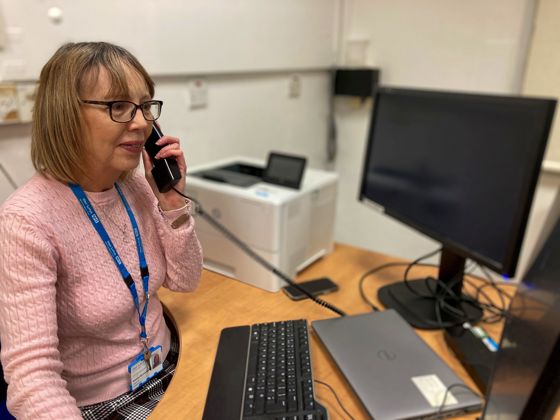Newsroom
Welcome to our newsroom, where you can find the latest news about our Trust.
Ros has been on the line for 30 years
Trust news

CEO Column – November 2025
Trust news

Two executive appointments confirmed
Trust news

Increased presence of norovirus
More information and ward closures

